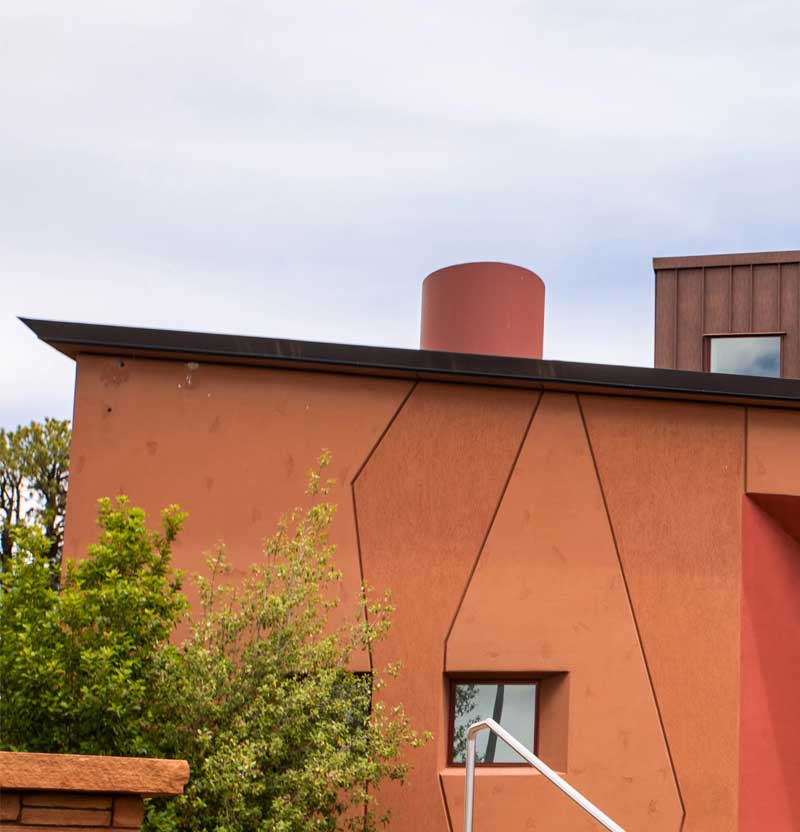
IAQ: Indoor Asthma Triggers
Asthma Education
What is Asthma?
Asthma is a serious, sometimes life-threatening respiratory disease that affects the quality of life for thousands of Native Americans. Although there is no cure for asthma yet, asthma can be controlled through medical treatment and management of environmental triggers. The IAQTC staff is committed to educating all Native Americans about asthma so that everyone knows what asthma is, how the environment can affect asthma patients and how to manage environmental asthma triggers.
Arizona Asthma Coalition:
The IAQTC staff is collaborating with the Arizona Asthma Coalition in order to promote asthma education throughout Arizona. The coalition includes both health providers and environmental staff. For more information on the coalition, visit the website or contact Mansel Nelson.
AsthmaCommunityNetwork.org announces the launch of a new podcast series:Conversations for Advancing Action
AsthmaCommunityNetwork.org
School-specific asthma resources from the American Lung Association
Asthma resources for School Nurses [pdf]
ALA Asthma Overview [pdf]
Parents and Caregivers [pdf]
Check out the American Lung Association’s joint statement on improving asthma management in schools:
Click HERE for more information. [pdf]
In October 2012, the American Lung Association convened a group of school and health-based partners to collaborate on asthma-friendly schools activities at the national level. As a result of this meeting, a joint statement on improving asthma management in schools was drafted that reflects the recommendations outlined in the American Lung Association’s National Asthma Public Policy Agenda.
Asthma Education Resources
In collaboration with the IAQTC staff the EPA Tribal IAQ program has put together a PowerPoint that can help with Asthma Education.
For more information on asthma education go to EPA Asthma Basics for Tribal Communities. [pdf]
CONNECT WITH US
Christal Black
Assistant Manager
Christal.Black@nau.edu
Your tax deductible donation supports ITEP’s programming efforts.
Please contact us if you would like to contribute to our endowment or for any additional information regarding donations.

